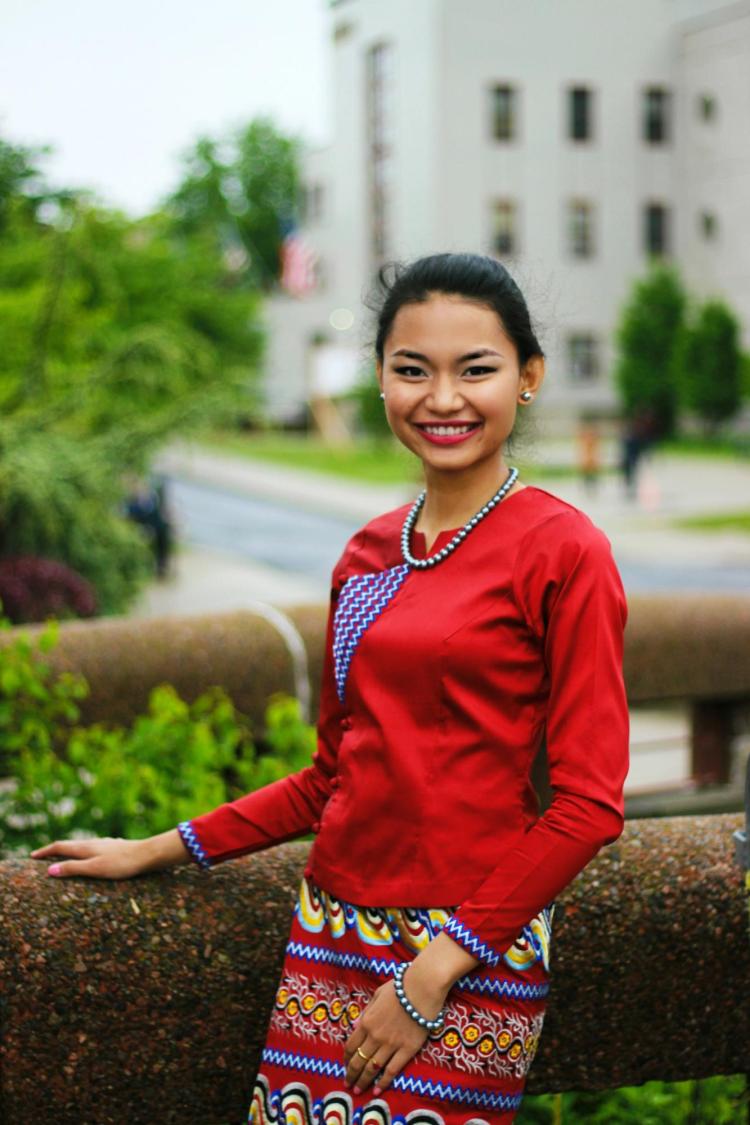Graduate student Chu Paing gives talk at the Center for Asian Studies

"Legalizing Gender: The Effects of Myanmar Nationalist Anti-Rohingya Agenda"
CAS Luncheon Series
Thursday, February 7, 2019 at 12:30pm
CAS Conference Room, 1424 Broadway
On August 26, 2015, the Myanmar government passed the Race and Religion Protection Laws proposed by The Patriotic Association of Myanmar, or Mabatha in Burmese, composed of ultranationalist Buddhist monks. These laws are referred to as myosaun.upade (lit: Keep the Lineage Law) in popular discourse. They comprise four sets of laws: the Monogamy Law, the Religion Conversion Law, the Myanmar-Buddhist Women’s Special Marriage Law, and the Population Control Law. Social Scientists have been examining myosaun.upade in regards with the country’s recent political transition (Barrow, 2015; Crouch, 2016; Walton, McKay & Kyi, 2015). However, the nuances employed by Mabatha in promoting these laws are still left unexamined. For instance, various Burmese terms to refer to women such as amyosami (the daughter of lineage) in the title of the Myanmar Buddhist Women’s Special Marriage law, mainma (woman or wife) in the content of the law, and tainrinsu (ethnic girl) in Mabatha’s Buddhist sermons about myosaun.upade have yet to be studied.This talk will analyze these linguistic nuances used to frame women as “honest, naive, dumb, friendly, gullible, affectionate, and ashamed” (Wirathu, 2015), yet the responsible ones to uphold the race and religion of Myanmar. I study the language in myosaun.upade and ten YouTube videos of Mabatha monks’ public Buddhist sermons, employing the theories of positionality and intersubjectivity (Bucholtz & Hall, 2005). I conclude that these linguistic nuances reflect two-faced gender ideology towards women as pawns (weak) yet has potential to become a queen (charged with power) in Mabatha’s politico-religious nationalist discourse.


